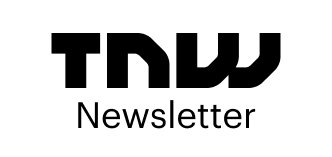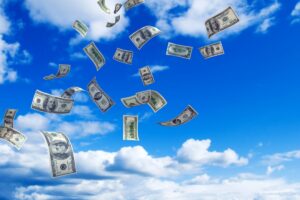From transportation to heavy industries, clean hydrogen has emerged as a key element in the transition to climate neutrality — and the EU wants to ensure that the fossil-fuel alternative joins its arsenal.
In a speech to representatives of hydrogen’s entire value chain, Commission president Ursula von der Leyen set out how the bloc’s strategy is driving private investment. “Europe is now attracting more investment in clean hydrogen than the US and China combined,” she said.
The union’s roadmap essentially consists of three elements: clear rules, public funding, and international agreements.
Von der Leyen noted that the EU’s regulatory framework is almost complete. It’s designed to enable the bloc to reach 20 million tonnes of renewable hydrogen by 2030, equally split between domestic production and imports.
“Our goal is simple. We want to bring European hydrogen from niche to scale.
The framework includes state aid rules and infrastructure investments, as well as legislative targets for the industrial and transportation sectors. “[This] means clarity and predictability for your investments. We are the only continent where this is the case,” said the president.
In terms of public funding, the bloc is already financing hydrogen trains, valleys, and clean-steel factories as part of the NextGenerationEU and RepowerEU initiatives. It has also authorised over €17bn in state aid for 80 hydrogen projects across the union.
The next step is the first auction of the Hydrogen Bank, set to open on November 23. The auction will award up to €800mn to EEA-based clean hydrogen producers. The support is designed to fill the gap between production costs and the price the market is willing to pay, which is expected to help hydrogen markets scale up, while reducing costs for consumers.
Regarding the third pillar of action, the EU has signed hydrogen partnerships with countries including Kenya, Egypt, Namibia, and several Latin American nations.
According to von der Leyen, Europe is already seeing successful results. There are now 38 hydrogen-powered clean-steel factories either in operation or planned; 67GW of electrolyser capacity in the pipeline; and multiple cities have seen the inclusion of hydrogen transportation options.
However, the EU president highlighted that there are many more steps to be taken and called the industry players to make proposals about the risks and needs of the sector.
“Our goal is simple,” she said. “We want to bring European hydrogen from niche to scale. We want Europe to be the global home of clean hydrogen.”






